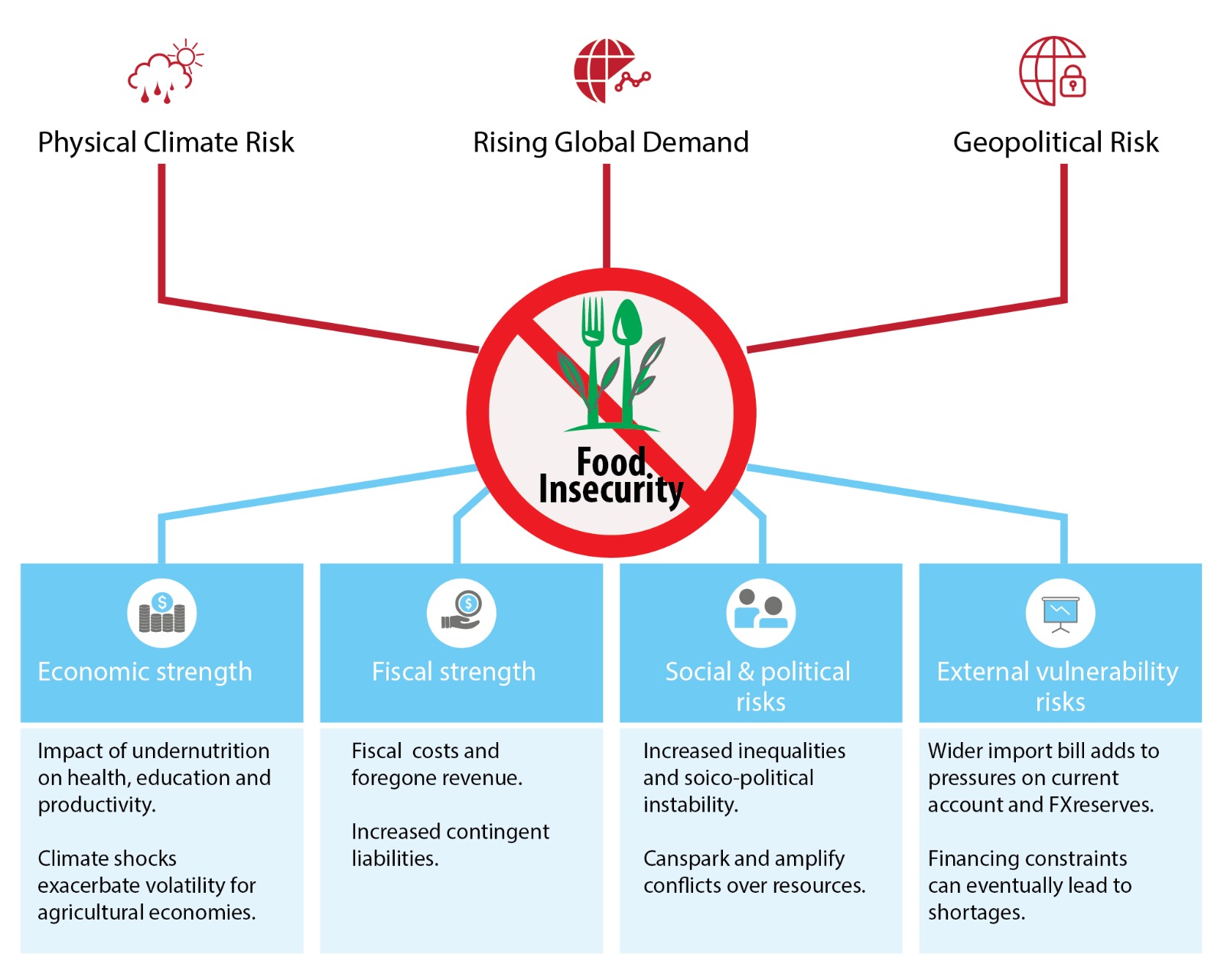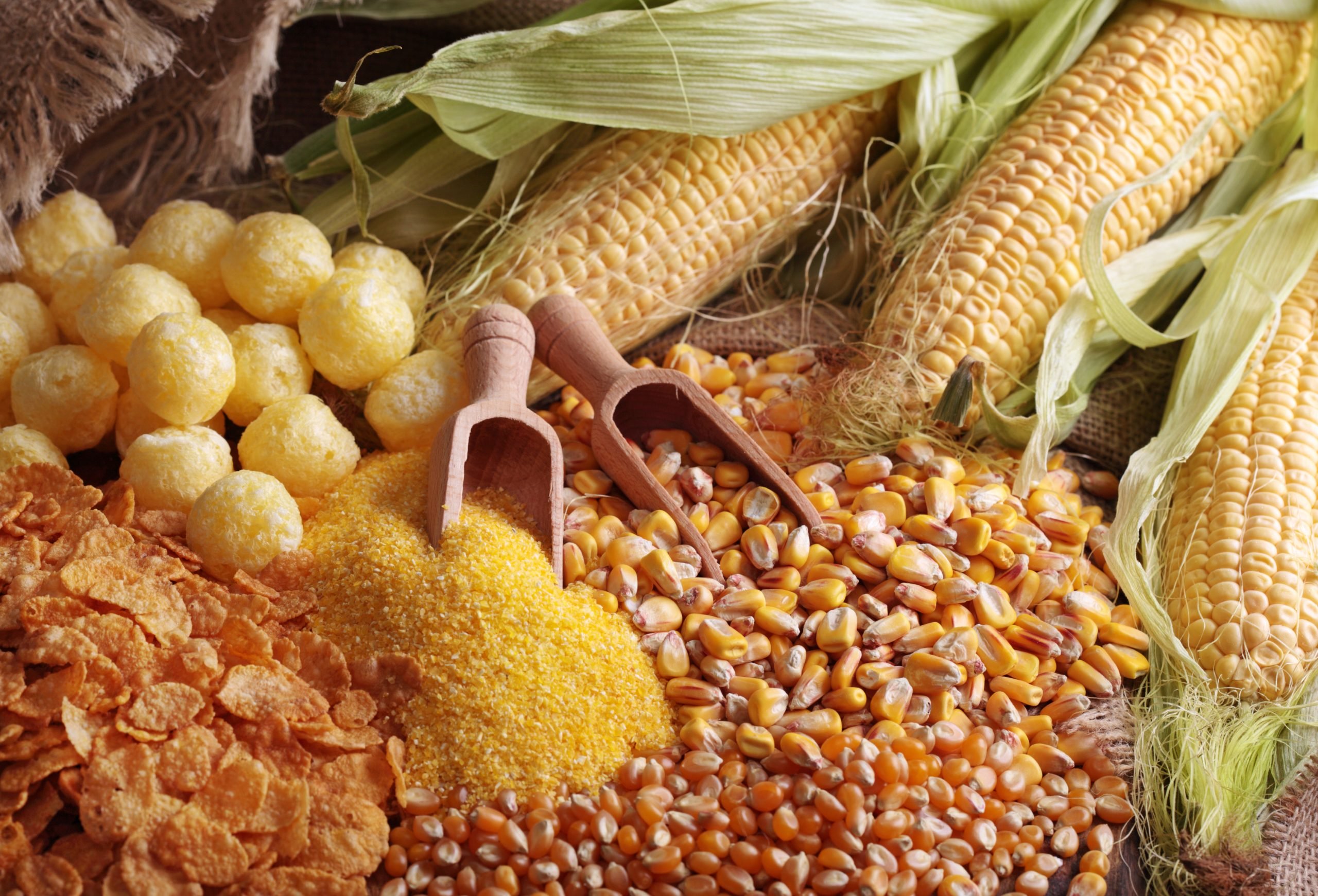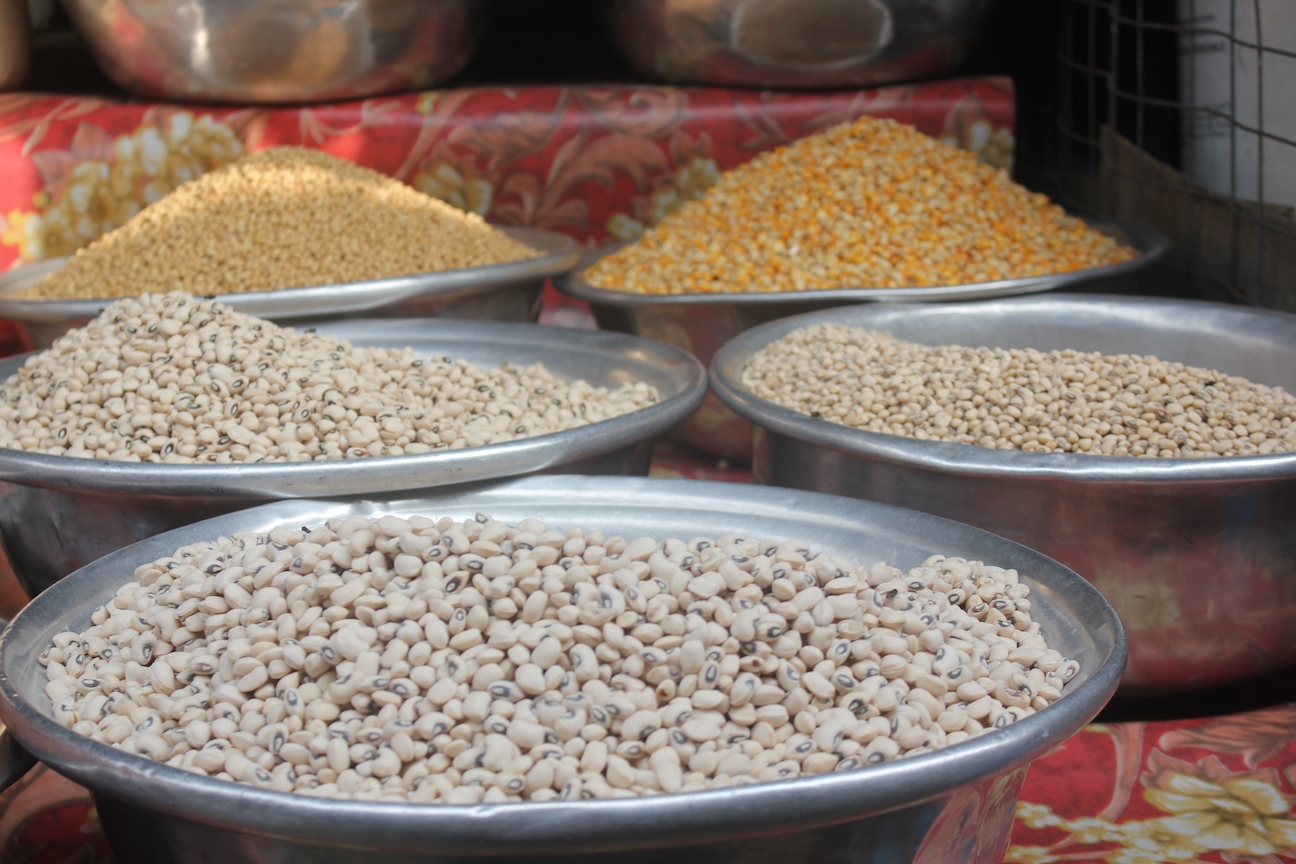Zambia’s food security situation has made it into the Moody’s report (11 April 2023) whose findings were that food insecurity shocks will be a recurrent source of credit risk; food price shocks exacerbate macroeconomic difficulties and social risks and the national and international policy response can only partially offset food shocks.
Since we do not live in isolation, and because we are import-dependent, one would be safe to say that the impending food crisis will likely get worse before it gets better and is completely resolved.
What then can we do as individuals, as households, as communities, and as a nation?

Are we aware that there are tried and tested ways of collectively preventing ourselves from hitting rock bottom should the current food situation of mealie-meal shortage in some localities not only continue but spread wider to other parts of the nation?
Here is what we ought to do immediately
- At the individual level, especially for city dwellers who depend on buying a bag of mealie-meal, it is time to “go back to the land”, and that land includes your backyard. Ensure that you are growing some sort of food that will help you and your family survive until the next season of plenty. Avoid putting concrete in the name of pavers within your yard, you are robbing yourself of the space for growing an edible garden. The cost of mealie-meal will become a non-issue the moment you begin to harvest your maize, vegetables, and fruits within your yard.
We could do away with the idea of growing corn only during the rainy season, and the smaller extent of the so-called “winter corn”. Our climate is favorable for all-year-round planting.
For those with bigger space than a yard, those in peri-urban areas, and ‘Lusakans’ who always tell us that they are going to the farm over the weekends, the immediate action for you is to take advantage of April to start planting again.
The rainy season has barely ended, which means the soil still has some moisture, making it easier to prepare for a replant. We could do away with the idea of growing corn only during the rainy season, and the smaller extent of the so-called “winter corn”. Our climate is favorable for all-year-round planting.

The temperatures between now and winter are still good for growing the corn we are crying out for. If you apply the Climate Smart Agriculture techniques in combination with a wide selection of climate-resilient, early-maturing seeds, you will be able to harvest in three months.
Ultra-early maturing varieties will do you well. Yes, grow corn if Nshima is that important to you but remember that other grains like millet and sorghum do not require a lot of water. Watering and feeding your crops by hand is doable and realizable when we put our minds to it.
We need to apply the same survival techniques that sent us all growing things during the Covid pandemic, and most importantly let us recall and practice the traditional ways that our communities could use to ensure food security during times of food scarcity.
Without going to several historical hunger events, let’s remember and draw lessons from what happened recently during the Covid-19 pandemic, everyone ran outside to grow something on any patch of land they had access to, including backyards.

We need to apply the same survival techniques that sent us all growing things during the Covid pandemic, and most importantly let us recall and practice the traditional ways that our communities could use to ensure food security during times of food scarcity.
You could ask yourself this question today: In the absence or shortage of mealie-meal in the next three months, what would I eat, what would my family eat? I am sure you will find the answers internally.
- At the organizational level (including state and non-state actors) in the food system sector especially large farms one major area to address food insecurity is to grow off-season the equivalent projected shortage of maize for the country, if not the region. Engage the surrounding smallholder farming communities into out-grower schemes where applicable. This will help communities to break out of the box of growing rain-fed and or winter maize only. How about applying some adaptive management, in this current case by addressing all the causes that have led the country to where we are today? Are you an agri-tech who cannot think outside the box? Are you able to encourage farmers to think outside the box in terms of when, what, and where they grow, now in April? A country listed in a report such as this one will require those state and non-state actors who can move us to a stable food-secure status. It is time to challenge ourselves colleagues and become relevant in providing solutions, especially during critical times like these.
- At the national Level, we need intentional and pragmatic policy reforms to address food scarcity. I am sure a number of us have seen the clip-on social media of His Excellency, the President of Zimbabwe speaking at the Food and Nutrition Summit in Dakar Senegal about the practical steps they took to recover from the food shortages amid the Russia-Ukraine war. Likewise for Zambia, during these food shortages, the President of the Republic of Zambia should consider initiating the process of cleaning up and strengthening the Farmer Input Subsidy Programme (FSIP). In the East, we say: “Konza kapansi kuti kam’mwamba katsike” (prepare the ground to enable what is up to land safely down). This is the time! We now have good data and information, gathered over several years by various Government departments- as evidence that Climate Smart Agriculture can lead to improved security in the country.

One such evidence is in one of the government’s projects where hundreds of thousands of farmers most of whom receive FISP, achieved the tripling of yield for maize per hectare upon adopting a small range of CSA techniques such as water management, soil fertility management, and agroforestry.
The tripling in these pilot sites means that diligent farmers can get up to 120 bags of corn.
A food-secure nation can feed its neighbors, and which would result in a food-secure region, until we defeat the looming global food crisis.
Therefore, if a family of six needs 30 bags of corn to be food-secure for an entire year, it means that everything beyond 31 up to 120 is food that brings immediate income to the farmer, thereby improving his livelihood.
That sold corn will lead the country to have sufficient stock for those areas that are not able to grow corn. Logically, when those areas are secure, we will be able to export to the neighboring countries, improving the country’s GDP.

Lastly, because this is CSA I am talking about, it can give us multiple benefits: Food security, improved livelihoods, improved GDG when all FISP recipients are mandated to use CSA, increased resilience to climate change, as well as climate change mitigation goals which we have very well committed ourselves to through the UNFCCC process. There is no better time than this, as the Africa Group of Negotiators Chair to lead by practical example.
In summary, we have to tackle this food crisis collectively.
We shall not leave it for “Boma yeka kuyanganapo” (leaving it to the government alone to fix it). Why? Because several food-secure families will lead to a food-secure community; food-secure communities then lead to a food-secure nation.
A food-secure nation can feed its neighbors, and which would result in a food-secure region, until we defeat the looming global food crisis.
There is a reason why Zambia has neighbors all around its borders and that is to feed more from the land resource we have been blessed with.
Yes, by taking simple actions like those proposed above, we can: 1) minimize food insecurity and reduce our credit risk; 2) better absorb food price shocks, improve macroeconomic fundamentals, and minimize social risks; 3) become less reliant on national and international policy response to offset food shocks, as well as 4) stop appearing in such reports, mweh!
________________________________
Dr Tasila Banda is a Zambian conservation scientist. She is a leading expert on climate change, environmental awareness, and environmental science.
